
SEOUL, April 17 (AJP) - Once a modest search engine born out of a Samsung SDS skunkworks project in the late 1990s, Naver Corp. has reimagined itself as South Korea's digital juggernaut.
Now, the tech conglomerate is placing an ambitious bet on artificial intelligence, virtual content, and a sprawling ecosystem of digital services — staking its future not just on national dominance, but global relevance.
In a move emblematic of its evolving identity, Naver announced a strategic partnership with Hyundai Motor Group on March 28 during the automaker's annual developer conference. The collaboration will integrate Naver's generative AI model, HyperCLOVA X, into Hyundai's software-defined vehicles, creating in-car AI assistants tailored to individual drivers — and, more broadly, signaling Naver's deeper incursion into the auto-tech sector.
But the Hyundai deal is only one node in a rapidly expanding web. Through its corporate venture arm D2SF, Naver recently invested in Scone, a startup focused on virtual IP and digital content.
Earlier in March, the company unveiled "MotionStage," an advanced 3D content studio, at its second headquarters. The facility enhances its capabilities in immersive media — an area seen as ripe for monetization amid growing demand for virtual and AI-driven experiences.
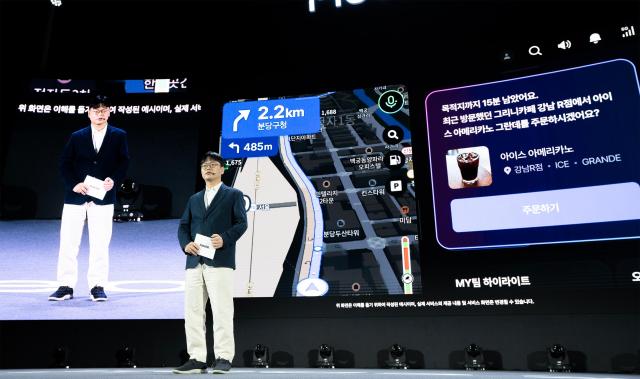
The pivot comes as international players exit the South Korean market, leaving space for domestic champions. Following Twitch's withdrawal earlier this year, Naver's livestreaming platform Chzzk has surged, reporting a 910,000 increase in monthly active users in January — a 55 percent year-over-year leap that places it within striking distance of market leader Soop.
Naver's influence extends to e-commerce, where its AI-powered Plus Store app became the most downloaded shopping platform in the country this March, surpassing even global powerhouse Temu, according to data from analytics firm IGA Works.
Internationally, Naver is pursuing a multifaceted expansion strategy: investing in U.S.-based customer-to-customer marketplaces, offering fintech solutions, and collaborating with Saudi Arabia on digital infrastructure in property development.
This global push reflects the company’s transformation since its founding in 1997 as "Web Glider," a Samsung-backed internal startup. After spinning out as Naver Com in 1999 under founder Lee Hae-jin, the company quickly rose to prominence. It was rebranded as NHN (Next Human Network) in 2001, then reclaimed the Naver name in 2013 after a corporate split.
Now, it is reaping the rewards of years of reinvention. For the 2024 fiscal year, Naver posted revenue of 10.7 trillion won (approximately $7.9 billion), up 11 percent from the prior year. Operating profit soared 32.9 percent to 1.98 trillion won, while fourth-quarter revenue climbed 13.7 percent to 2.89 trillion won — marking eight straight quarters of profit growth.
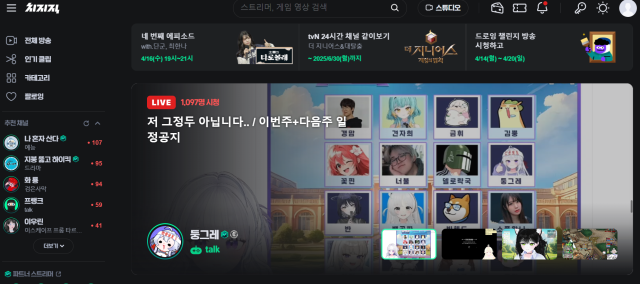

Speaking in February, CEO Choi Soo-yeon framed 2025 as a "crucial" year for operationalizing Naver’s "On-Service AI" strategy. "We will enhance our platforms with AI technology to create new value and business opportunities, ultimately strengthening Naver’s unique competitive edge," she said.
In keeping with that vision, Naver this month launched its "Be Local" campaign via its mapping service, highlighting cultural hotspots for tourists through collaborations with brands like CJ Olive Young, Musinsa, and Innisfree. Foreign visitors can access translated reviews and directions through Papago, Naver's AI-powered translation tool, which converts Korean text into English, Chinese, and Japanese.
The return of Lee Hae-jin as chair of Naver's board on March 26 — seven years after stepping down — adds a symbolic and strategic layer to the company's transformation.
His reappointment is widely interpreted as a move to sharpen Naver's focus in the escalating global AI arms race, particularly through HyperCLOVA X, first launched in 2023.
In public remarks following his return, Lee offered a philosophical rationale for Naver's expansion: "It's incredibly unfortunate for the world to rely on just one or two AI platforms. To preserve the diversity of the internet, we need a wide range of search engines and services."
To that end, Naver is leaving the door open to international cooperation. "We are open to collaboration with global big tech firms and various external LLMs," Choi noted in February. "Such discussions are ongoing."
While the competition is fierce — with models like ChatGPT, Claude, and Gemini dominating headlines — Naver continues to leverage its local expertise, deep user base, and technological agility to carve out a distinct presence.
What began as a humble search engine has matured into one of Asia's most versatile digital players — and one of the world's tech firms to watch.
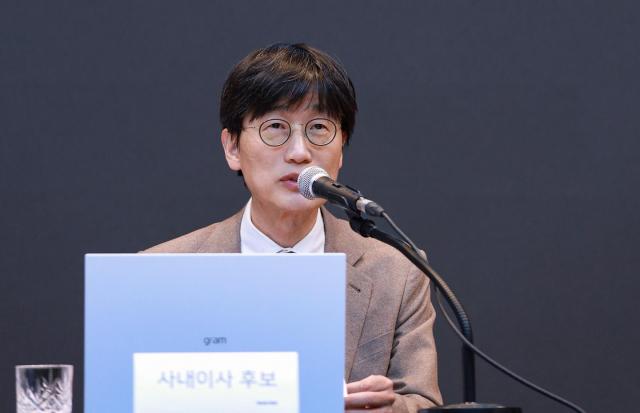

Copyright ⓒ Aju Press All rights reserved.



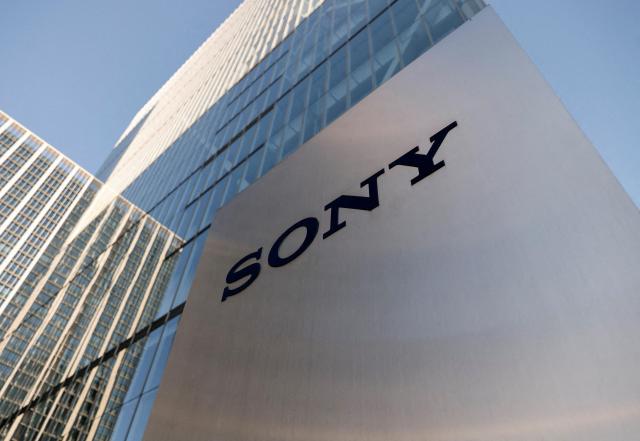
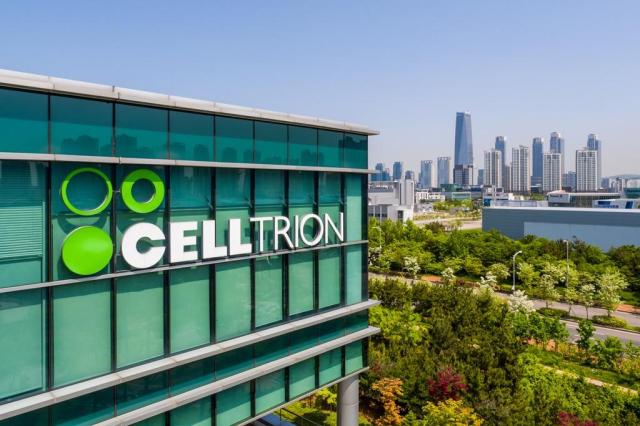
View more comments